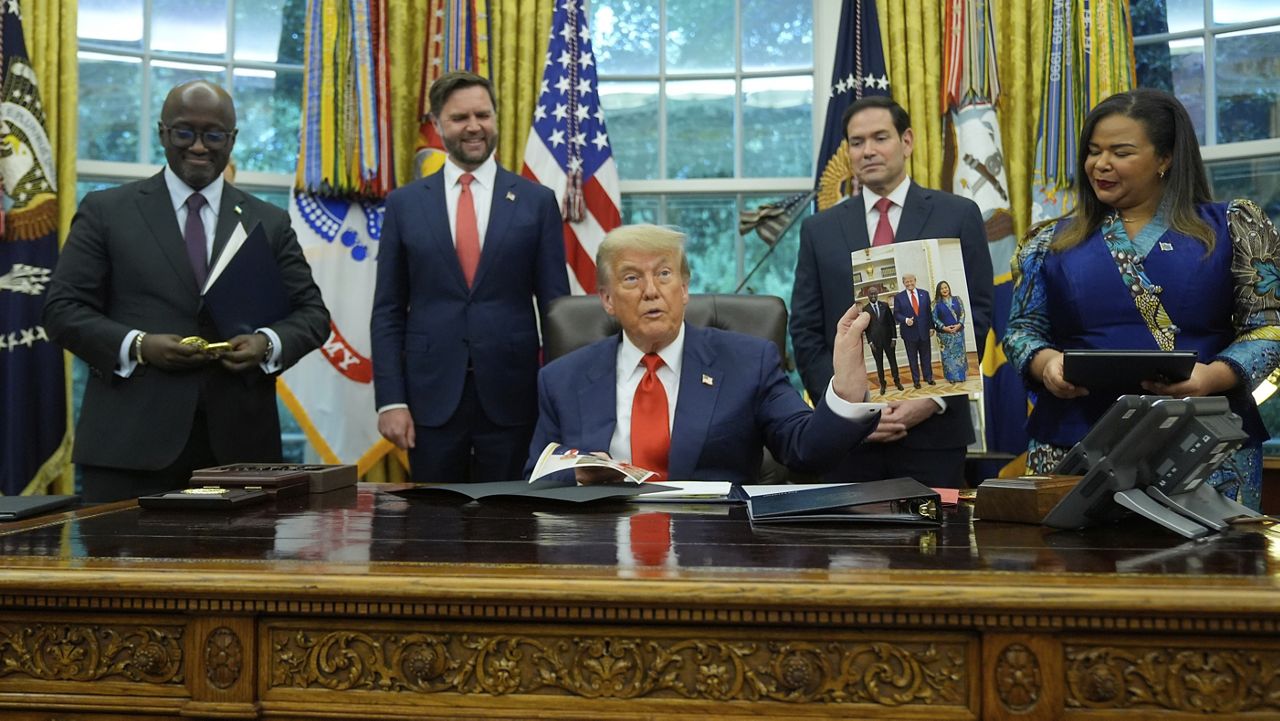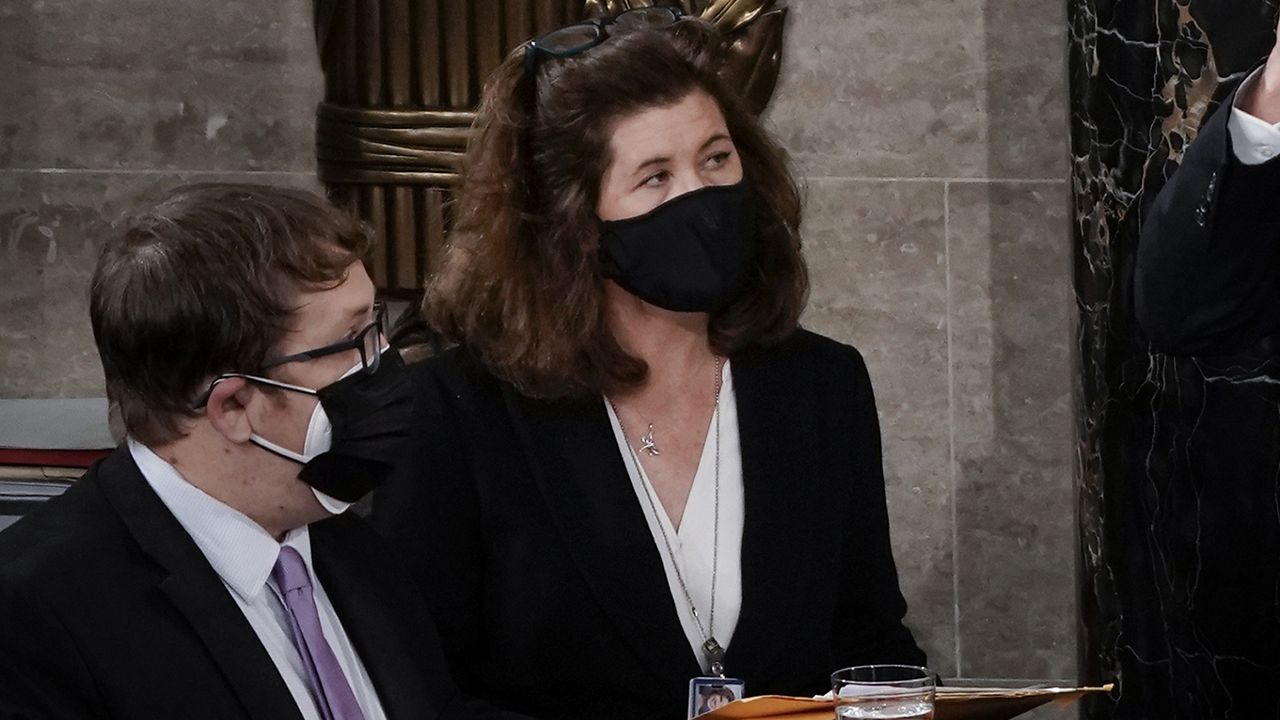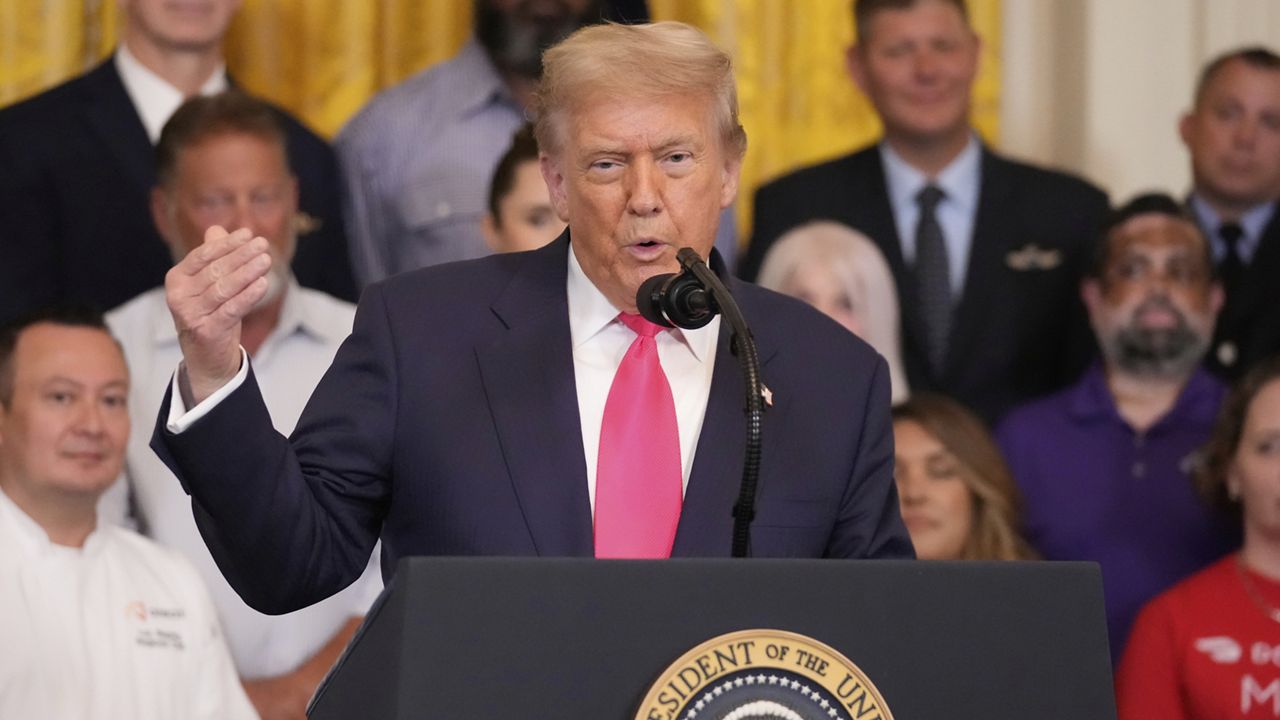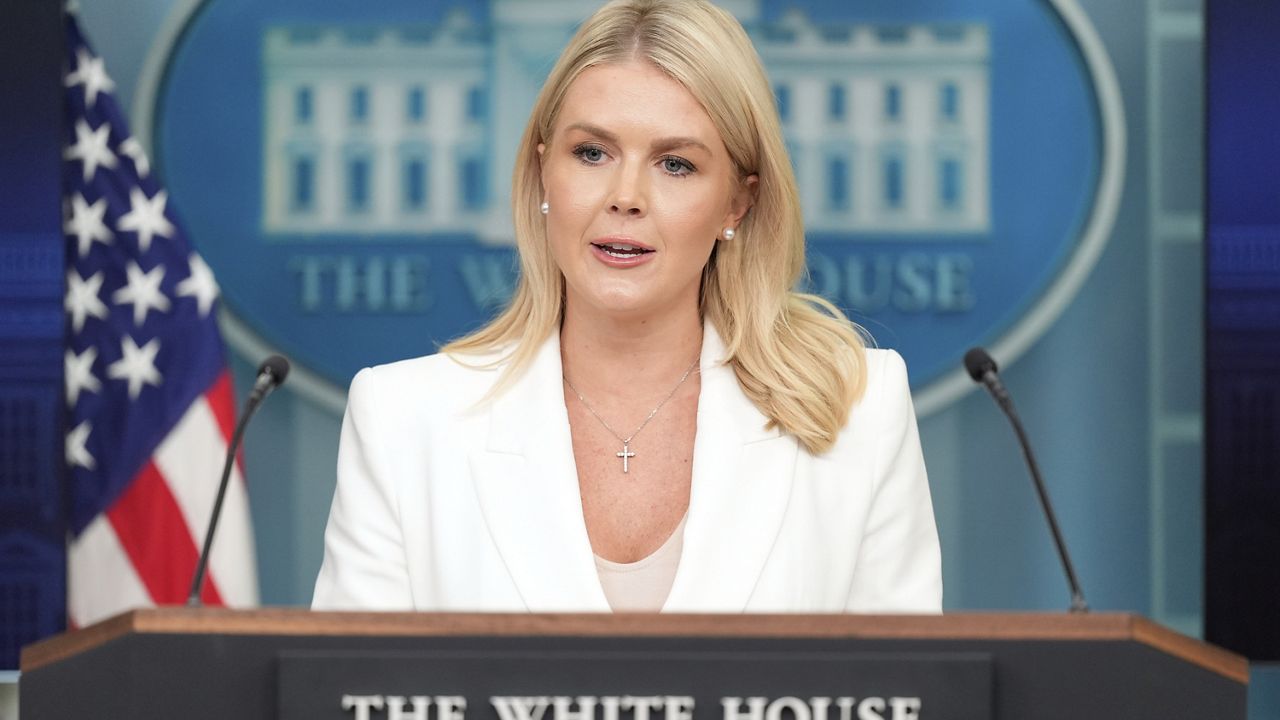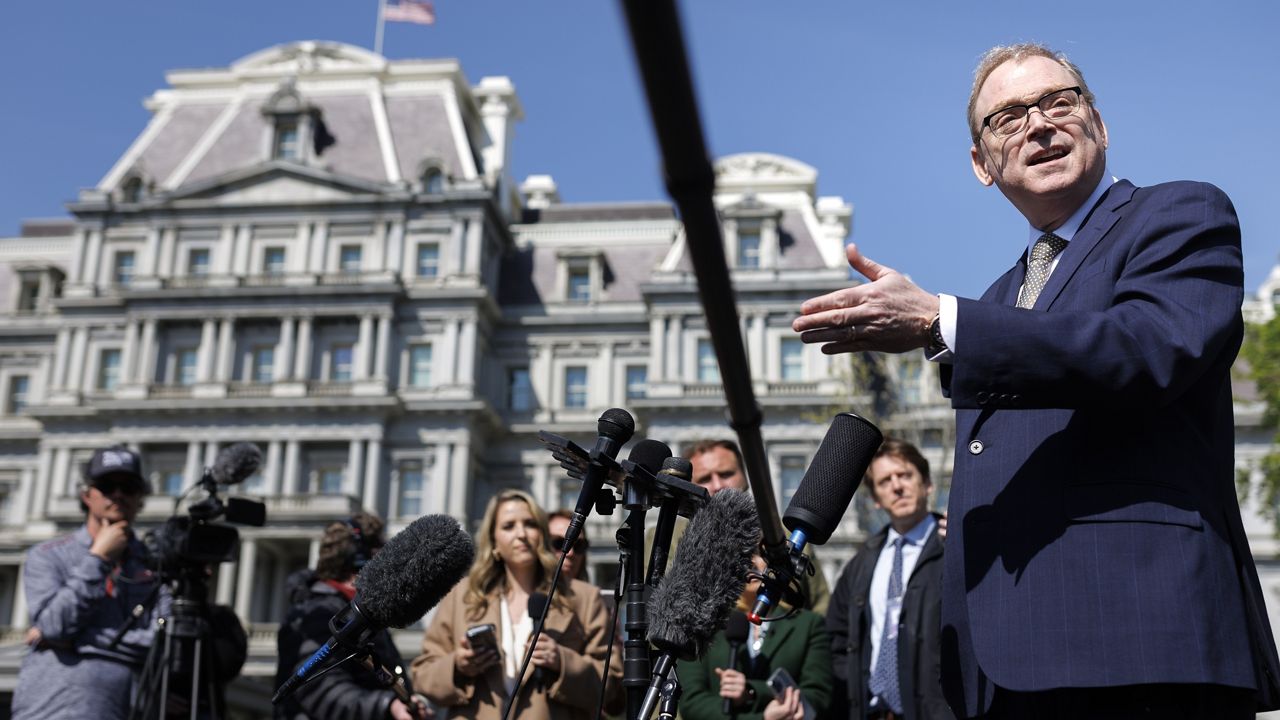WASHINGTON — The Senate returned to Washington on Monday from the Memorial Day break to the arduous task of getting legislation, called the “one big, beautiful bill,” containing President Trump’s agenda, across the finish line in the upper chamber.
The path toward meeting the July 4 deadline — self-imposed by GOP leaders and the administration — to have the bill on Trump’s desk might not be all smooth sailings as several Senate Republicans have voiced concerns with the legislation that cleared the House just before the holiday weekend last month.
With Vice President JD Vance as a tie-breaking vote, Senate leaders can afford to lose three Republicans on the bill, which is being done through a process called budget reconciliation that allows them to pass it with a majority rather than the 60 votes needed for most legislation in the upper chamber. Republicans hold a 53-seat majority and no Democrat is expected to support the legislation.
In an appearance on CBS’ “Face the Nation” on Sunday, one of the bill’s most vocal GOP critics, Sen. Rand Paul of Kentucky, said he believes there are enough Senate Republicans who oppose the bill as it stands now to block it.
“I think there are four of us at this point, and I would be very surprised if the bill at least is not modified in a good direction,” Paul said.
The mammoth piece of legislation that made it out of the House last month would extend Trump’s 2017 tax cuts while temporarily adding new ones — like no taxes on tips and overtime pay — and designate additional funds for defense and border security. It looks to make up for lost revenue to the federal government from tax cuts in part by making changes to programs like Medicaid, with the nonpartisan Congressional Budget Office estimating 8.6 million fewer people would have health care coverage as a result. It would also raise the nation’s debt ceiling by $4 trillion.
The Congressional Budget Office estimates the tax portions of the bill would add $3.8 trillion to federal deficits over the next decade. The changes to Medicaid, SNAP and other programs would add up to about $1 trillion in reduced spending, it says. The Committee for a Responsible Federal Budget, meanwhile, estimates the legislation would add $3.1 trillion to the debt including interest.
Paul, along with fellow Republican Sen. Ron Johnson of Wisconsin, have criticized the bill for adding to the nation’s deficit and not doing enough to cut spending in their view. Paul on CBS News on Sunday specifically pointed to the debt ceiling increase included in the bill as his main sticking point.
“I have told them, if you take the debt ceiling off the bill, in all likelihood, I can vote for what the agreement is on the rest of the bill, and it doesn't have to be perfect to my liking,” he said.
Johnson, meanwhile, told the Milwaukee Press Club last week that there is “no amount of pressure that President Trump can apply” that would outweigh how he feels about the issue. He said he wants spending returned to pre-pandemic levels.
Elon Musk, who spearheaded Trump’s sweeping government downsizing effort known as the U.S. DOGE Service, similarly criticized the bill for the amount it would add to the deficit. House Speaker Mike Johnson, R-La., and administration officials sought to argue on Sunday that such estimations on its impact on the nation’s debt are not properly considering the “historic” spending cuts in the legislation or the potential for more revenue to the country from the president’s tariffs.
“But what my friends are missing is the tremendous and historic level of spending cuts that are also in the same package,” Johnson said on NBC’s “Meet the Press.”
Sen. Josh Hawley, R-Mo., meanwhile, has been extremely vocal about his concerns over cuts to Medicaid resulting from the bill. Republican Sens. Susan Collins of Maine and Lisa Murkowsi of Alaska – two GOP senators known to stray from Trump and the majority of their party on occasion – have expressed similar fears about Medicaid.
Collins and Paul were the only Republicans in the upper chamber to vote against the framework for the bill – the step that allowed lawmakers to start drafting the details of the legislation – in April.
The clear signal from a handful of Republican senators that they need to see alterations to the House-passed bill comes despite Johnson’s warning to Senate counterparts not to change too much or else risk tanking its changes with his narrow Republican majority in the House when it returns to the chamber before it can get to Trump’s desk.
Despite forcefully pressing for the bill to make it over the finish line — even making a rare trip to Capitol Hill to do so — Trump himself told reporters last week that he is “not happy” with every aspect of the bill. Later asked what he was referring to, the president said he wanted a “bigger cut in taxes.”
Trump has also made clear that he expects the Senate to make changes in general.





